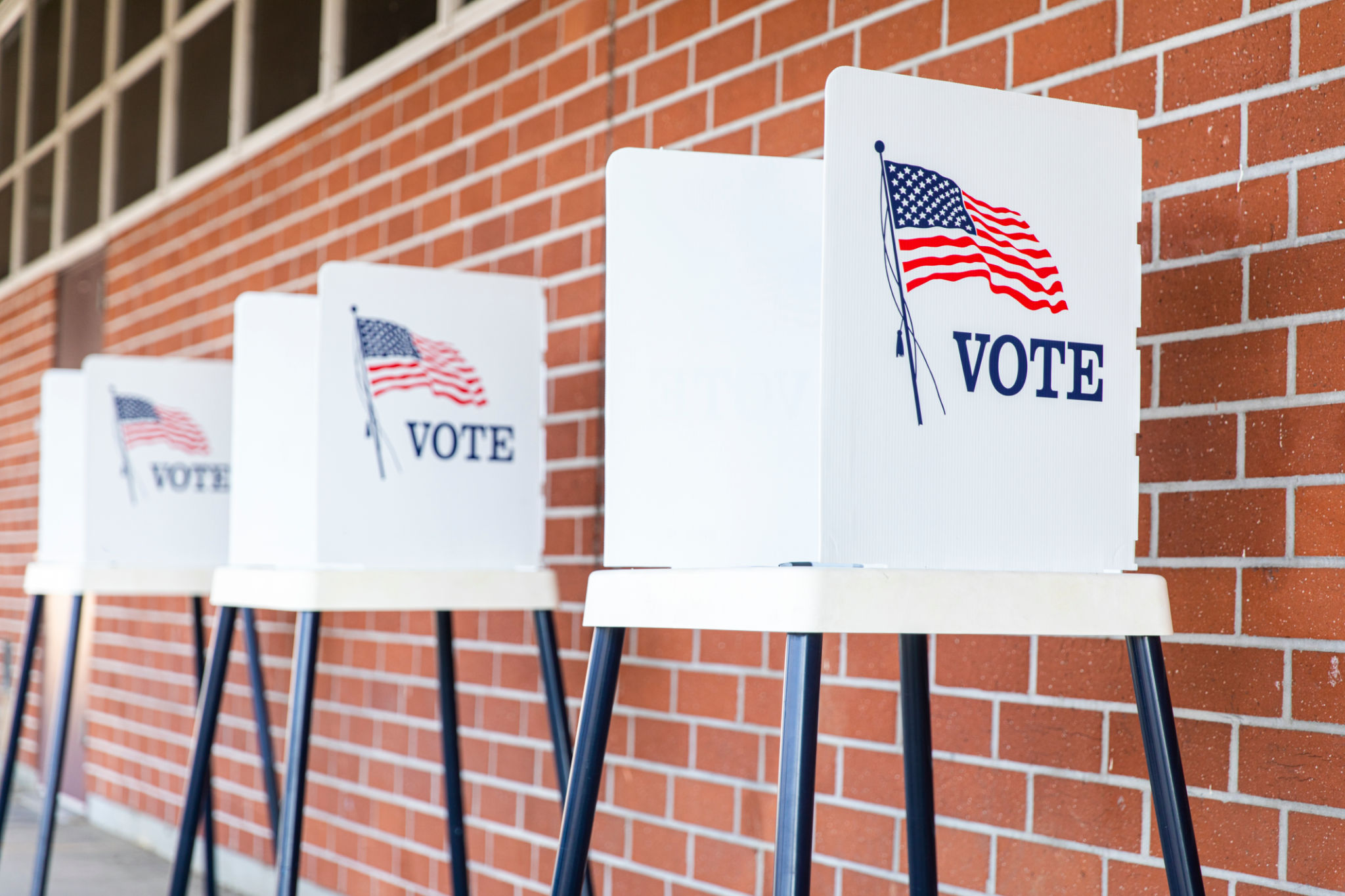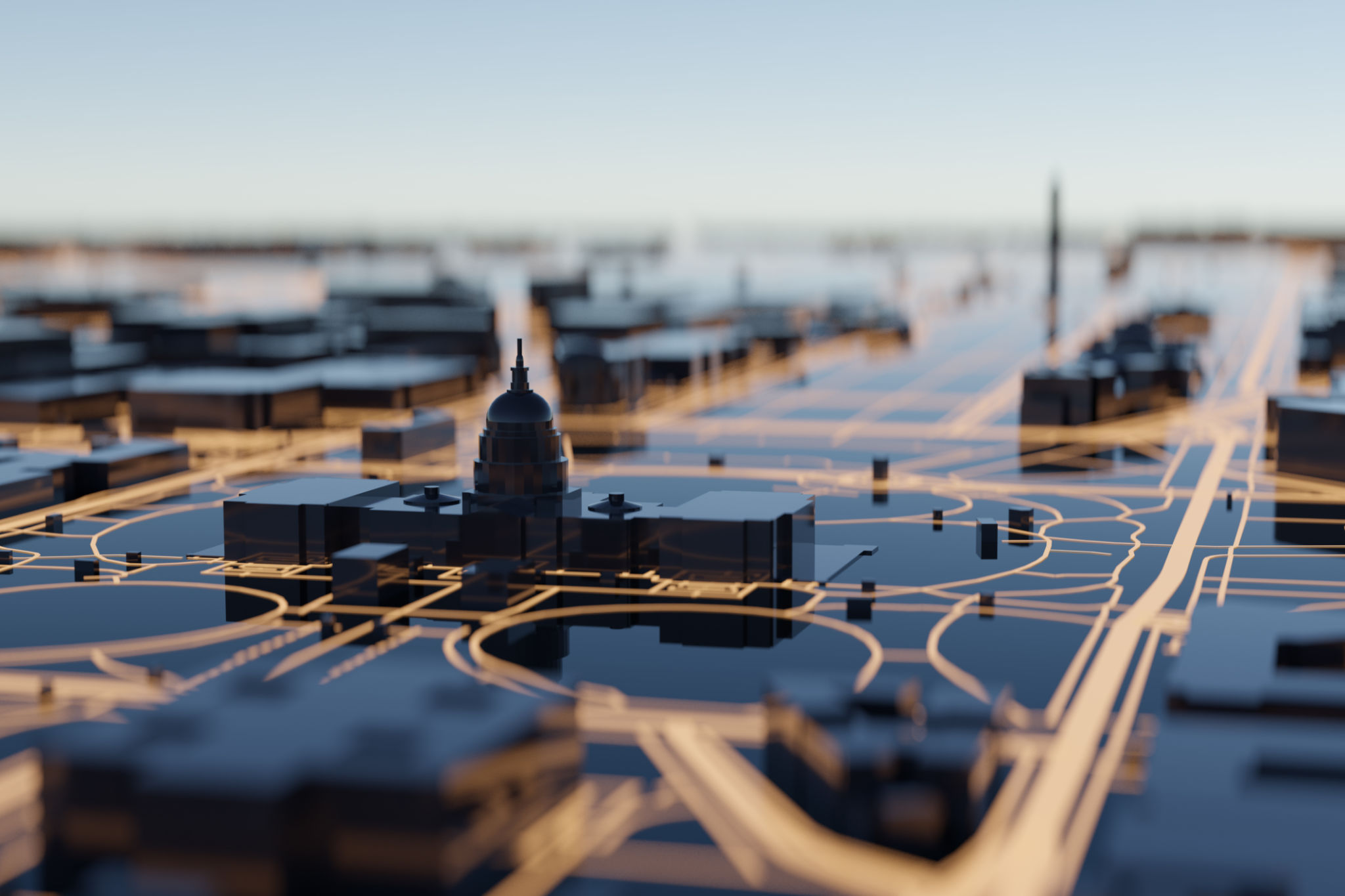Exploring Party Platforms with AI: A New Era of Voter Education
Revolutionizing Voter Education with AI
In recent years, artificial intelligence has begun to transform various sectors, and politics is no exception. As the political landscape grows increasingly complex, voters often find themselves overwhelmed by the sheer volume of information available. Enter AI—a tool that can simplify this process by providing clear and concise insights into party platforms, enhancing voter education.

The Role of AI in Understanding Party Platforms
AI systems are now being developed to analyze political content, offering voters a neutral perspective on where parties stand on key issues. These systems can process vast amounts of data quickly, allowing them to summarize party platforms in an easily digestible format. By providing an objective analysis, AI helps voters make informed decisions without the influence of biased sources.
Moreover, AI can identify patterns and trends within political discourse, offering a clearer picture of how party positions have evolved over time. This historical context is crucial for voters who wish to understand the trajectory of political ideologies and predict future policy directions.
Personalized Voter Education
Personalization is another significant advantage of AI in voter education. By analyzing individual preferences and interests, AI can tailor information to suit specific voter needs. This customized approach ensures that voters receive relevant content, increasing engagement and understanding.

For instance, an AI system could highlight environmental policies for a voter who prioritizes climate change, while another might focus on economic strategies for those concerned with fiscal issues. This targeted delivery of information not only saves time but also helps voters align their values with the appropriate party platform.
Challenges and Opportunities
Despite its potential, the integration of AI in political education is not without challenges. Ensuring data accuracy and neutrality is paramount to prevent misinformation and bias. Developers must prioritize transparency in their algorithms and data sources to maintain public trust.
However, the opportunities presented by AI are immense. By fostering a more informed electorate, AI can contribute to a healthier democratic process. As AI technology continues to advance, its role in politics will likely expand, offering even more sophisticated tools for voter education.

The Future of Voter Education
Looking ahead, AI has the potential to create interactive platforms where voters can engage with content dynamically. Imagine a virtual assistant that answers political questions in real-time or an augmented reality experience that visualizes policy impacts.
Such innovations could revolutionize how voters interact with political information, making the electoral process more accessible and engaging for all demographics. As technology evolves, the possibilities for enhancing voter education through AI are virtually limitless.
In conclusion, exploring party platforms with AI marks a new era in voter education. By leveraging the power of artificial intelligence, we can empower citizens with the knowledge they need to participate actively and meaningfully in democratic processes.